Hot Topic | Physical Activity and ADHD in Children: Moving Towards Bright Futures
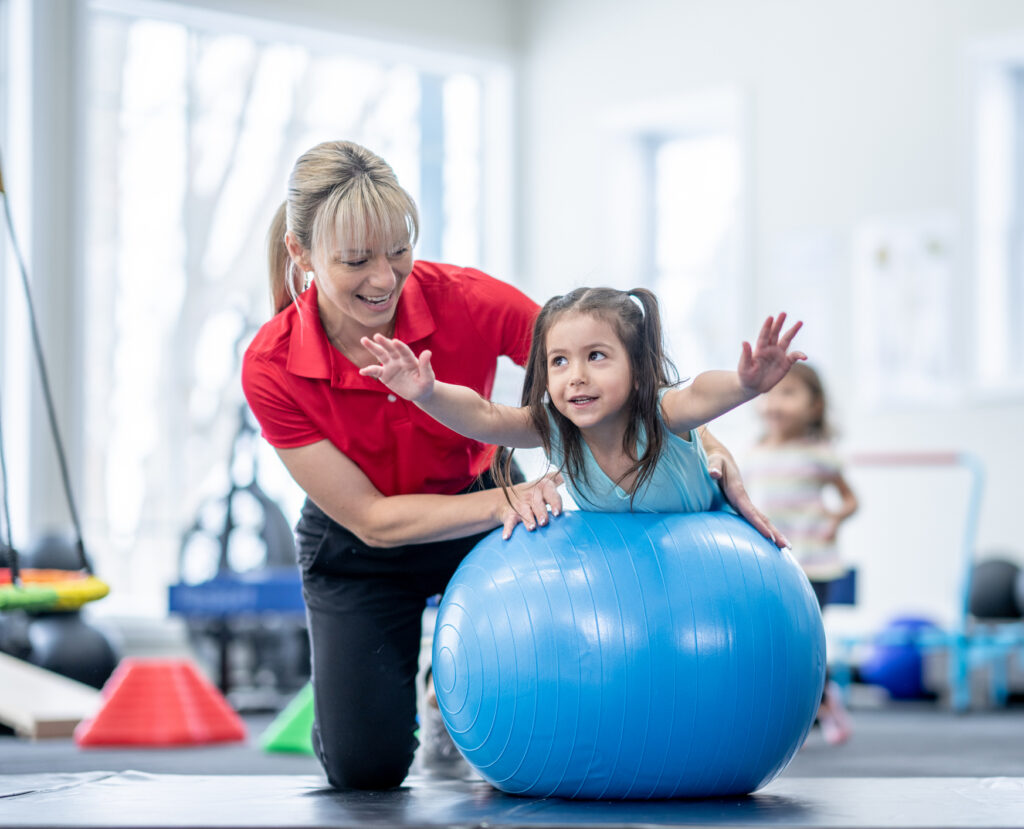
I have a daughter who is a lot like me. She gets totally consumed by screens, makes her sister late to school every morning, does anything to avoid homework, and loses her instrument on concert days. These qualities, I know, come from me. She is 11 now and the world will soon ask her to […]
Science Spotlight | ACSM Publishes new Expert Consensus Statement on Blood Doping

In November, a new ACSM pronouncement titled, “ACSM Consensus Statement: Blood Doping in Sport” was published in the Medicine & Science in Sports & Exercise (MSSE) journal. Consensus Statements are official pronouncements of the College and represent ACSM’s stance on the topic at hand. They provide a mechanism by which the College can make an […]
Active Voice | Maximizing Football Safety: What is the Role of the Guardian Cap?
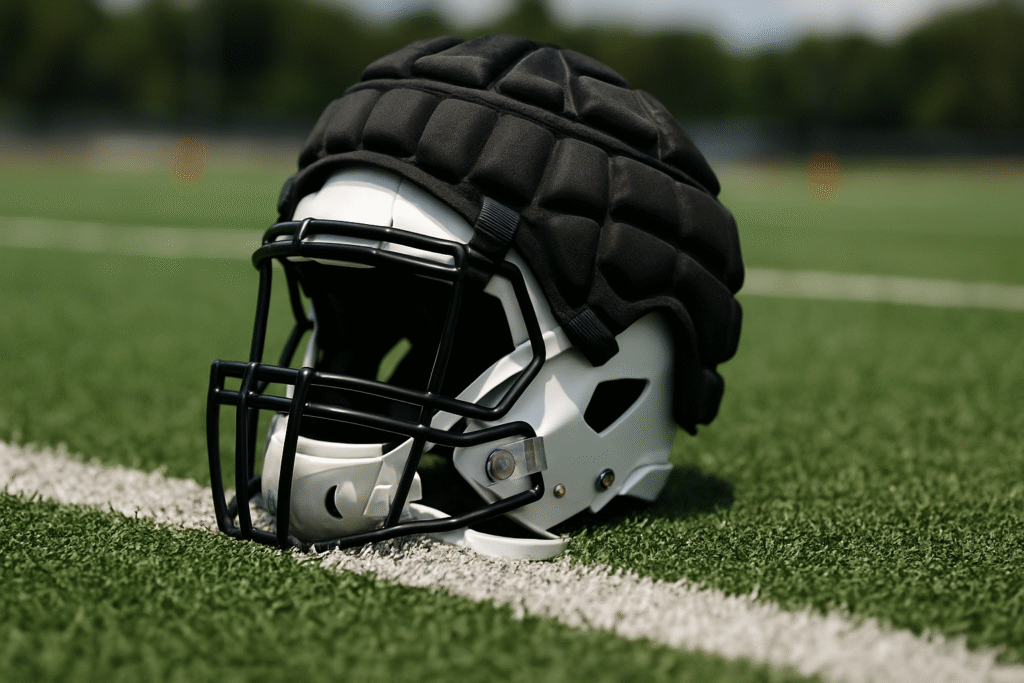
Over the last two decades or so, head impacts and concussions sustained during sports, especially football, have become a key safety issue. What are the implications of multiple concussions? How many head impacts are too many? Even if an impact doesn’t cause a concussion, could it be causing harm to the brain? How hard is […]
Science Spotlight | Student Webinar, Research Participation and Professional Updates

ACSM From Around Field Science Webinar Series Open to Students ACSM’s From Around the Field Science webinar series is designed to provide ACSM students and members with an opportunity to learn about the diverse science our members conduct. Join us for informal discussions with our ACSM members to hear more about what they study, the […]
Science Spotlight | ACSM Publishes New Expert Consensus Statements

In October, ACSM published a new Expert Consensus Statement in the Medicine & Science in Sports & Exercise (MSSE) journal titled “Considerations and Recommendations for Prescribing Exercise and Designing Physical Activity Programs for People with Disabilities”.The statement provides a brief synopsis and expert interpretation of the relevant scientific literature and provides key future directions or […]
Hot Topic | Sit Less and Move More to Slow Arterial Aging
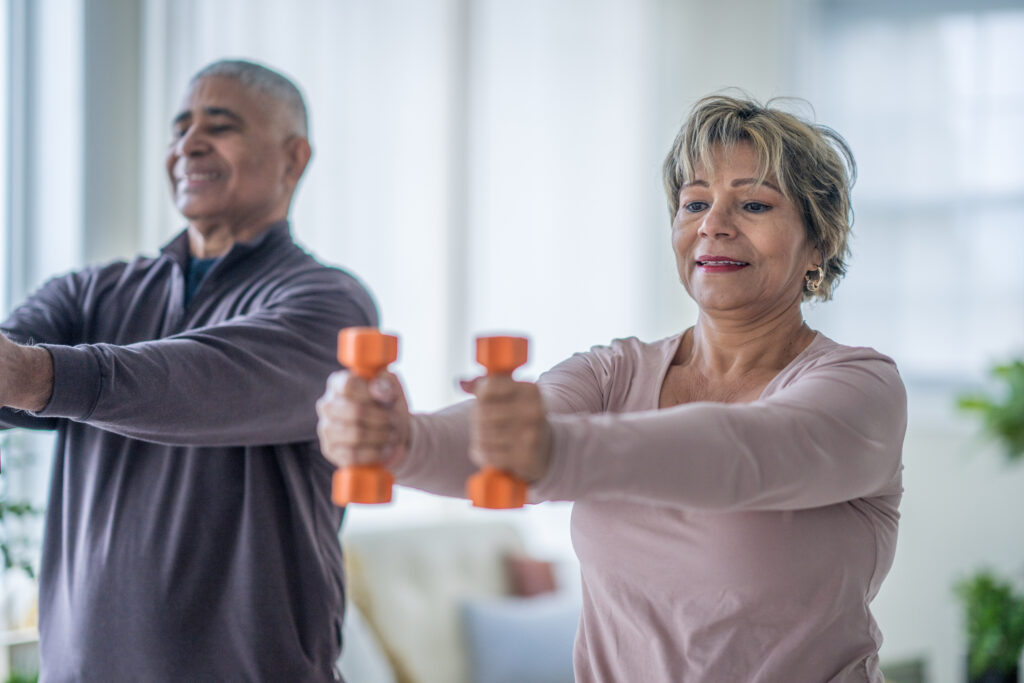
Does the thought London’s red double-decker buses make you want to move around to prevent endothelial dysfunction and slow arterial aging? In 1953, a landmark study of London bus crews found that bus drivers, who sat at the wheel all day, developed coronary artery disease at a younger age and more often than the conductors […]
Science Spotlight | New Webinar, Research Opportunities, Endorsed Guidelines and More

ACSM From Around Field Science Webinar Series Open to Students ACSM’s From Around the Field Science webinar series is designed to provide ACSM students and members with an opportunity to learn about the diverse science our members conduct. Join us for informal discussions with our ACSM members to hear more about what they study, the […]
Active Voice | From Heart to Head: Improving Inhibitory Control through Cardiovascular Training in Physically Inactive Young Adults
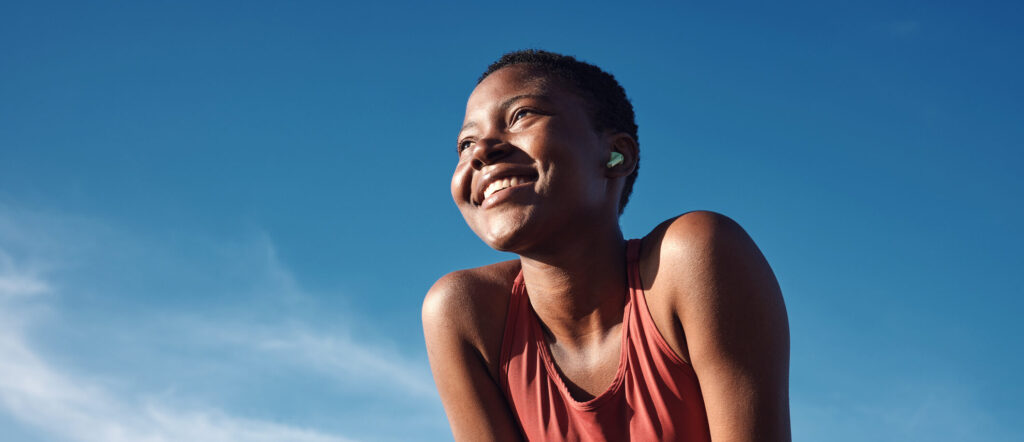
Whether stopping a car in an emergency, biting your tongue in a heated moment, or holding back from a risky move in a game, inhibitory control helps us pause before we act. This essential mental skill allows us to resist impulses, stay focused, and make sound decisions under pressure — whether in daily life, social […]
Science Spotlight | Nominations Open for NIH Early-Stage Investigator Lecture

Call for Nominations: 2026 NIH Office of Disease Prevention Early-Stage Investigator Lecture The Office of Disease Prevention (ODP) at the National Institutes of Health is now accepting nominations for the 2026 Early Stage Investigator Lecture. The award is given annually to early career scientists who have made significant prevention research contributions but who have not […]
Hot Topic | Exercise as a Pain Management Modality
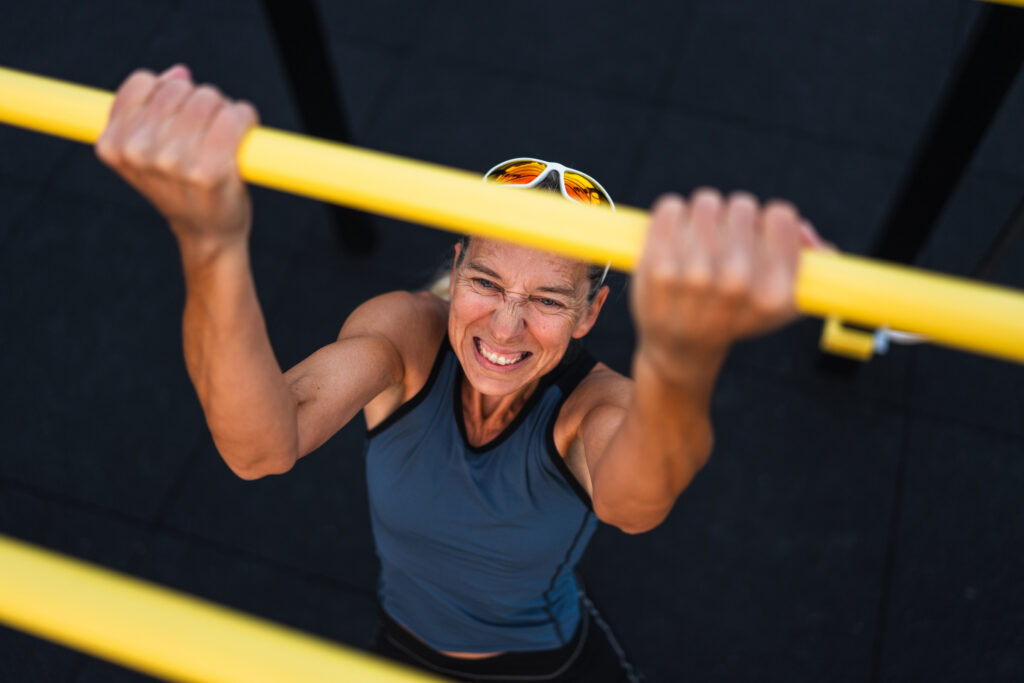
Pain does not always need a pill, sometimes a barbell might be part of the necessary prescription. This idea may seem counterintuitive; when experiencing pain, the thought of exercising may sound daunting. However, exercise is a powerful stimulus, a fact routinely highlighted in health and fitness literature. There are countless studies and articles that cover […]
